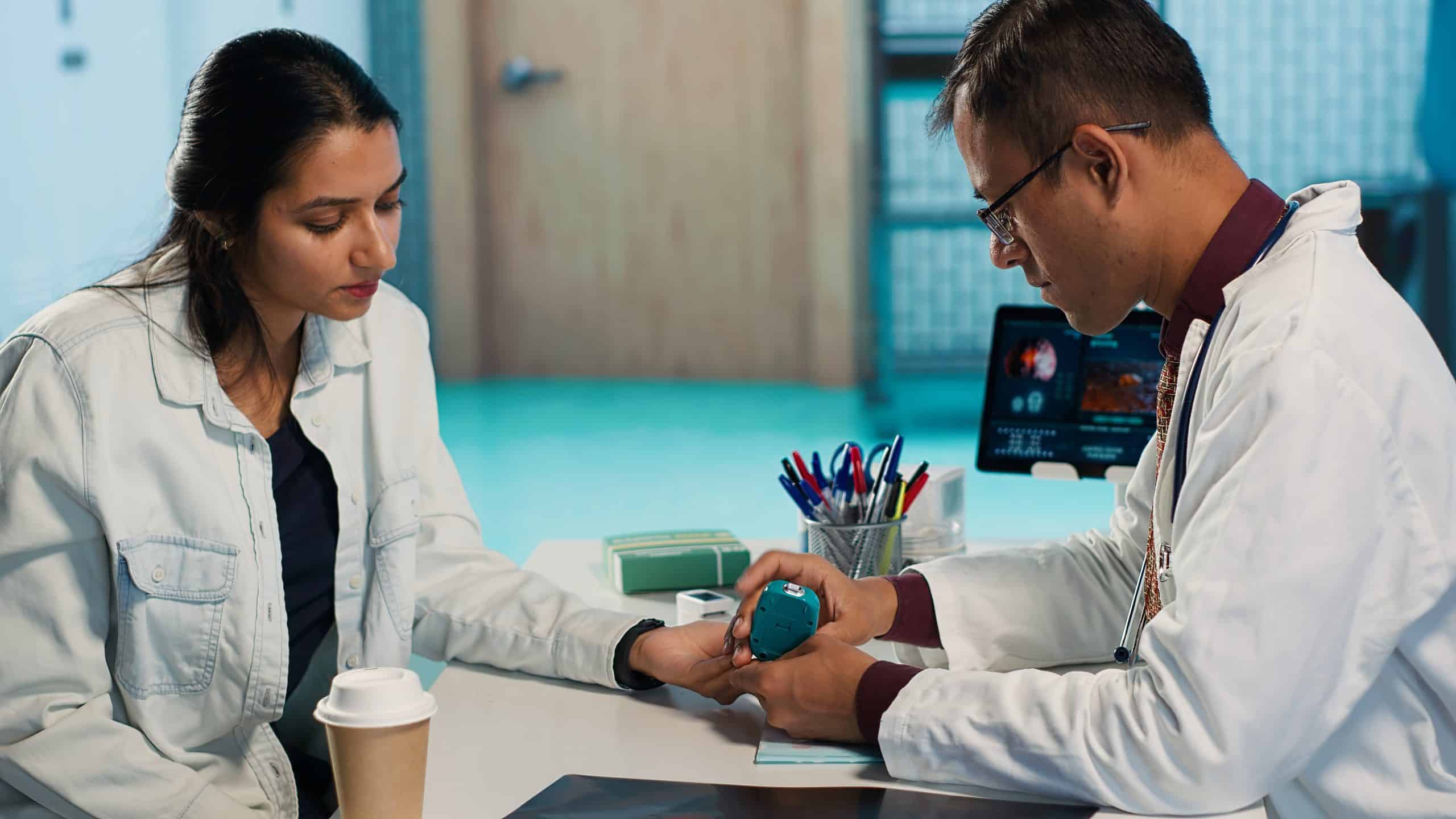Introduction
Egg donation offers hope to many Indian intended parents, but genetic testing ensures healthier embryos, reduced risks, and higher success rates. For South Asian families, where some genetic conditions occur more frequently, testing becomes even more valuable.This guide explains the types of genetic testing, why they matter for Indian parents, and how to make informed decisions during the egg donation process.
Why Genetic Testing Matters
• Prevents the transfer of embryos with genetic abnormalities.
• Improves success rates by selecting chromosomally normal embryos.
• Reduces the risk of miscarriage.
• Provides peace of mind for families with known inherited risks.
Genetic Conditions More Common in South Asians
• Thalassemia – inherited blood disorder affecting red blood cells.
• Sickle Cell Anemia – more common in certain Indian subgroups.
• G6PD Deficiency – enzyme disorder affecting red blood cells.
• Cystic Fibrosis and Muscular Dystrophy – less common, but screening recommended.
Types of Genetic Testing in Egg Donation
Carrier Screening:
• Conducted on donors before matching.
• Screens for 200+ conditions, including those prevalent in Indian populations.
• Ensures the donor does not share the same recessive condition as the intended parent.
Preimplantation Genetic Testing for Aneuploidy (PGT-A):
• Tests embryos for chromosomal abnormalities (extra or missing chromosomes).
• Increases chances of successful implantation and healthy live birth.
Preimplantation Genetic Testing for Monogenic Disorders (PGT-M):
• Used if intended parents have a known single-gene disorder in the family.
• Ensures only unaffected embryos are transferred.
How Genetic Testing Affects Success Rates
• Without testing: ~40% success rate per transfer.
• With PGT-A: ~55–65% success rate per transfer.
• Reduces miscarriages by identifying abnormal embryos.
Case Study – Reducing Risk with Testing
Priya and Karan, both carriers of thalassemia trait, matched with an Indian egg donor.Carrier screening revealed the donor also carried the trait. By switching to another donor,they avoided a 25% chance of having a child with severe thalassemia. PGT-A testing further ensured that the embryos chosen were chromosomally normal. Their first transfer resulted in a healthy baby girl.
Testimonials
“Genetic testing gave us peace of mind after years of failed IVF attempts.” – S.K., Parent, NJ
“As carriers of thalassemia, we knew testing was essential. It saved us heartache.” – R.P.,
Parent, TX
FAQ
Q : Is genetic testing mandatory in egg donation?
A : Not mandatory, but strongly recommended for Indian families due to carrier risks.
Q : Does testing damage embryos?
A : No, modern biopsy techniques are safe and embryos continue developing normally.
Q : How much does genetic testing cost?
A : Carrier screening: $500–$1,500; PGT-A: $4,000–$7,000 depending on number ofembryos.
Q : Can genetic testing guarantee a healthy baby?
A : No, but it significantly reduces the risk of genetic and chromosomal conditions.
Conclusion & Call to Action
Genetic testing transforms egg donation into a safer, more successful pathway for Indian parents. By addressing inherited risks common in South Asian populations, families canmove forward with confidence.
Learn more about donor screening and genetic testing:
• Call 212-661-7177
• Email info@indianeggdonors.com
• Apply at IndianEggDonors.com

Dr. Pooja Patel
Dr. Pooja Patel is a Chief Surrogacy Coordinator at Surrogacy4all. She has 10 years of experience in Anesthesiology and critical care medicine.
She received her medical degree from Seth GS Medical College and K.E.M Hospital in India. She then completed an internship. She finished her Anesthesia residency at Grant Govt Medical College and JJ Group of Hospitals in India.










